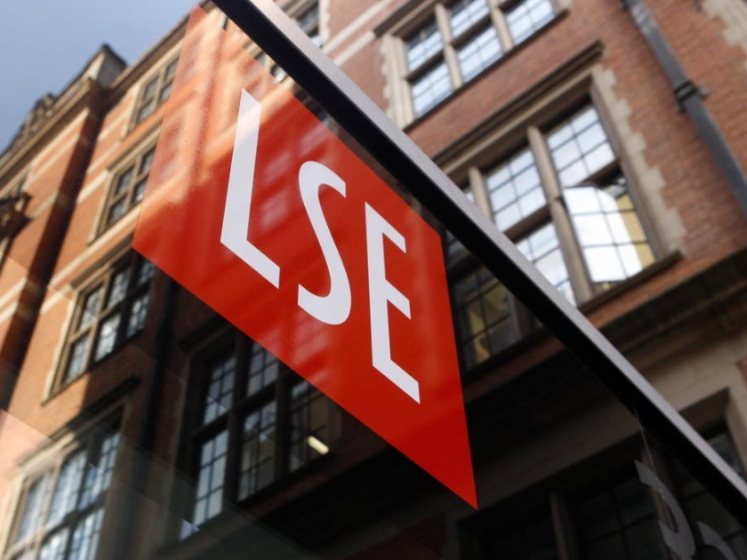 Job centre plus
Job centre plus
How does the media treat welfare recipients during times of economic hardship? Dan McArthur, a PhD candidate in the Department of Sociology, tracked media coverage over the last century to show as unemployment levels rise, so does newspaper stigmatisation of the poor.
Dan McArthur’s interest in the media’s reporting of poverty emerged from his PhD research, which looks at the relationship between economic inequality and stigmatisation of welfare recipients.
His new paper, co-authored with Aaron Reeves of the University of Oxford, focuses on the media’s role in shaping and influencing how people understand and talk about poverty. Featuring an analysis of British newspapers throughout the 20th century, the research tracks levels of unemployment and how poverty is covered by the press.
“Everyone has read a ‘scrounger’ story in a newspaper, where an unemployed person’s lifestyle and choices are criticised,” Dan says. “I wanted to find out about the conditions in which this type of coverage became more common.”
Dan studied five politically centrist and centre-right British news outlets: the Daily Mail, the Telegraph, the Times, Financial Times, and the Economist, between 1896 and 2000. He tracked how often words like ‘lazy’, ‘skiver’ and ‘feckless’ appeared in articles, using these as a measure of the level of media hostility towards welfare recipients.
The long-term view taken by the research, one of the first analyses of its kind, enabled a comparison of each stage of Britain’s economy during the 20th century.
The results showed that media negativity towards the poor increases as unemployment rises. The only exception to this trend was during the depths of intense recessions (for example in the 1930s and 1980s), when further rises in unemployment seem to have less effect when unemployment is already high.
“It shows how deeply ingrained into British culture ideas around dependent poverty are, and how these narratives are reproduced by the media,” Dan says.
Although the study did not cover the time around the UK’s most recent recession in 2012, the media’s response to this period seemed to follow the same pattern; as unemployment increases, so does newspaper stigmatisation of the poor.
Around this time stigmatising language was regularly adopted by leading figures of the Conservative-led coalition government. Former chancellor George Osborne talked of ‘the closed blinds of their next-door neighbours sleeping off a life on benefits,’ as he sought to gain support for his austerity program that cut welfare spending.
Dan adds that this kind of language seeping into mainstream political discourse is an unhelpful development: “I think there’s a very clear interplay between the language politicians’ use and the language of the media. I think they feed off each other.
“These stereotypes are damaging both in terms of undermining support for the welfare state, and creating a kind of ‘hostile environment’ towards welfare recipients, giving people a license abuse other people.
Dan adds that political figures should be aware that poverty can affect all sorts of people that have no responsibility for their situation, like children or adults with health issues.
“As a society we will need to move on from talking about recipients of welfare in this way. The welfare state is always going to be necessary help people at different stages of their lives.”